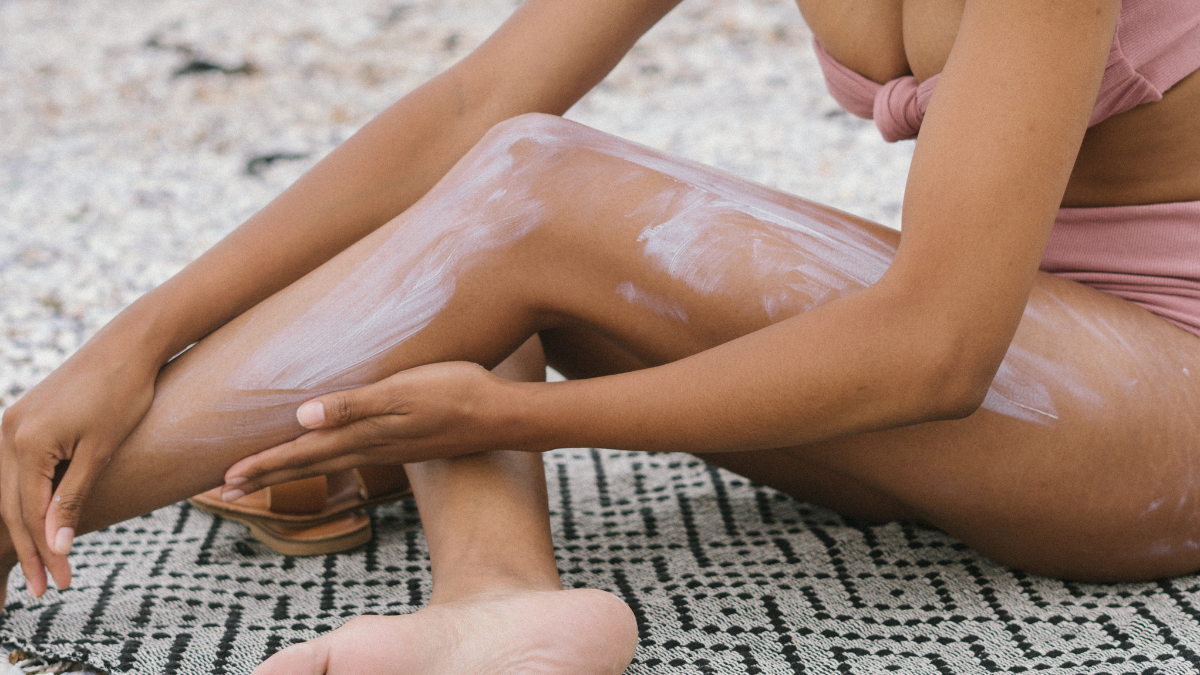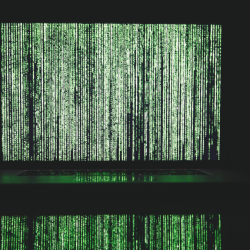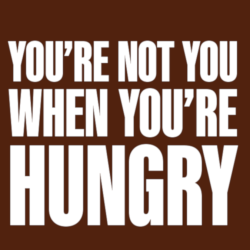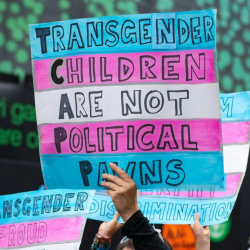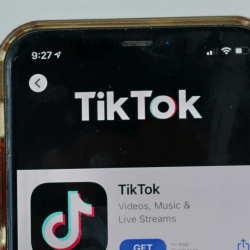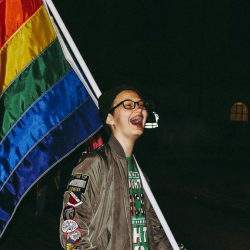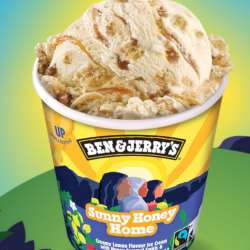I’m embarrassed to admit that I spend an inordinate amount of time thinking about sunscreen
Over the course of my career I’ve worked on practically every kind of skincare and haircare product — face wash, traditional Indian soaps, body wash, anti ageing moisturisers, wet wipes, shampoos, conditioners, serums, hair colours, even a hair fall solution directed at men. I’ve spent months discussing the cultural definitions and meanings of beauty, listened to researchers segment and re-segment audiences, and talked to people about how it feels when they ‘look good.’
This has always felt like work that’s interesting and insightful. But when you read enough trend reports about 8-, 10- and 14-step skincare routines and listen to women describe their beauty ‘product portfolios’, you begin to wonder and worry — are you doing enough? Bit by bit, I began to build my own skincare routine (haircare would have to wait, and it still is). Grudgingly, clumsily and inconsistently, I began to acknowledge and then fulfil my skin’s needs. Sunscreen felt like a crucial building block in this routine — it prevented cancer, and what could possibly be more important than that! Surely this was a commitment to myself that even I could keep?
The pandemic found us all run ragged by ever-escalating demands at work and home, by the emotional labour of maintaining a little equilibrium as the world as we knew it shifted completely
In that moment, sunscreen became a kind of litmus test — having done all the things that I had to do for colleagues, clients, friends and family, could I remember to do this one thing for myself? I’d just stumbled across the concept and language of self-care, and the idea resonated deeply with me. Like a good brand strategist writing herself a brief, I decided to ‘reframe’ skincare. It wasn’t an irritant! It wasn’t one more checklist item to tick off before collapsing into bed or rushing to join a Zoom call. It wasn’t skincare at all! It was more, it was meaningful.
But ‘to-dos,’ ‘must dos’ and ‘should dos’ are slippery slopes for recovering perfectionists like myself. If sunscreen was a litmus test, it was one I seemed to fail more often than not. The question would pop up, unbidden, as I sat by a window, zoned out during a meeting, met with a friend, took a walk. Had I applied sunscreen? How could I forget? I ordered Cancer Council approved sunscreen from Australia and gave myself my first ever breakout. I ordered multiple tubes of Neutrogena so they would always be within easy reach. I was so intent on getting this right I once left the house with sunscreen, but without my wallet and keys. It was then that I had to admit I’d wandered very far away from taking care of myself.
This well-intentioned checking of a single box had become a form of self-imposed stress.
Self-care, as most of us know, has radical roots
Black activists such as Audre Lorde, Angela Davis and Ericka Huggins thought of it as a way to nurture one’s physical and emotional health while fighting for community rights and racial justice. And while practitioners of the art of joyful, reflective self care are vocal and visible, what’s even more apparent is the industrialisation of the idea.
Think of Tricia Hersey, the Nap Bishop. Now think of Gwenyth Paltrow’s Goop. It feels inevitable and familiar. So many of the evolutions and revolutions promised to women seem to follow this cycle: deliverance, and soon enough, disappointment. A once simple choice begins to assume enormous symbolic significance. Before you know it, you have to pick a side or declare a verdict.
Was my application of sunscreen self-care? In an extremely limited sense. Did it help anyone else? Definitely not. Did I know some types of sunscreen runoff harm marine life? Oh no. Is the refusal to apply sunscreen an act of resistance against the beauty-industrial complex? I don’t think so.
And on it goes. Are you or have you ever been a girl boss? Do you intend to have a snail girl era? How do you feel about lazy girl jobs? In this age of internet ideologies and overwhelming information anyone who’s trying to make the better choice seems to always be called on to think about the ripple effects of their actions, the significance, the consequences, the obligations to self and others. This generates its own unique type of fatigue and exhaustion.
We’re all part of a much bigger picture, but I’ve realised that it’s not one I can always keep in mind or use as my reference point. And so I’ve decided — sunscreen is sunscreen. Self-care is self-care. Sometimes the twain meet. And sometimes they don’t. It feels symbolic, but it most likely isn’t.
Featured image: R.F Studio / Pexels

















